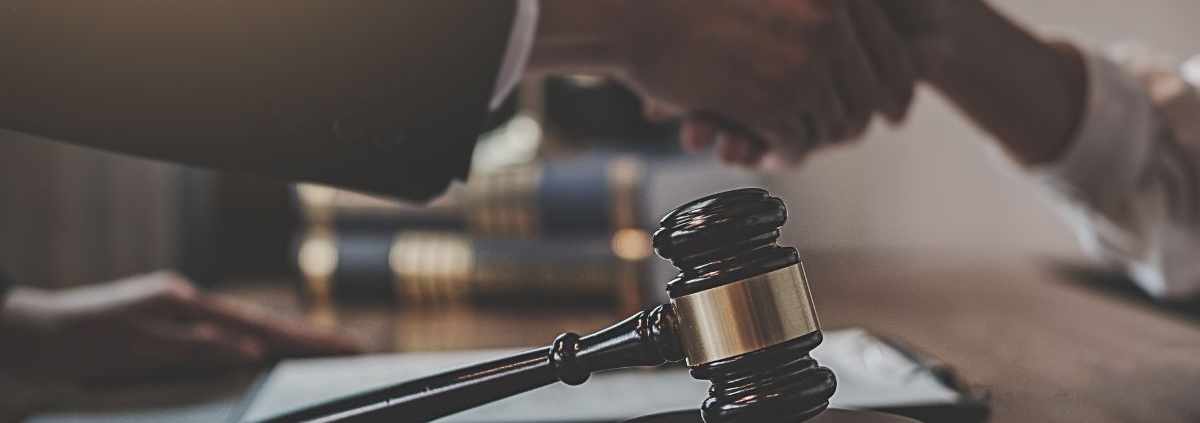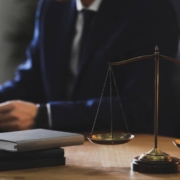What Is the Most Famous Personal Injury Case?
Personal injury lawsuits have shaped the legal world, influenced public opinion, and changed how companies handle safety standards. Among the many cases that have captured global attention, one stands out as the most iconic: the McDonald’s hot coffee case. Officially known as Liebeck v. McDonald’s Restaurants, this case not only redefined public perception about personal injury claims but also exposed widespread misunderstanding about the responsibilities of corporations toward consumer safety. It continues to be discussed in legal textbooks, newsrooms, and courtrooms today as a pivotal moment in tort law. A Fort Lauderdale Personal Injury Lawyer today might reference this case as an example of how the legal system can protect individuals when powerful corporations act negligently. Let’s explore the details, legacy, and broader implications of the case that became a lightning rod for debate.
The Background of Liebeck v. McDonald’s
In 1992, Stella Liebeck, a 79-year-old woman from Albuquerque, New Mexico, became the central figure in a case that would ignite global conversations. After purchasing a 49-cent cup of coffee from the drive-through window of a McDonald’s restaurant, she attempted to add cream and sugar while seated in a parked car. In doing so, she accidentally spilled the coffee onto her lap. The resulting burns were not just minor injuries; they were third-degree burns that required skin grafts, surgery, and extended hospitalization.
At first glance, this might seem like a simple accident. But the extent of Liebeck’s injuries—and the facts that surfaced during the trial—shifted public sympathy in her direction. It was revealed that McDonald’s served its coffee at temperatures between 180 to 190 degrees Fahrenheit, much hotter than coffee typically served at home. Medical experts testified that liquids at that temperature could cause third-degree burns in less than three seconds.
Public Misconceptions and Media Spin
Despite the gravity of her injuries, the media painted Liebeck as someone abusing the legal system for financial gain. News segments, comedians, and even politicians used her case as a symbol of frivolous lawsuits. What most people didn’t know, however, was that Liebeck had initially asked McDonald’s for just $20,000 to cover her medical expenses. McDonald’s refused, offering a mere $800 in return.
When the case went to trial, the jury awarded Liebeck $200,000 in compensatory damages (reduced to $160,000 because she was found 20% at fault) and $2.7 million in punitive damages. The latter figure was based on just two days of McDonald’s coffee revenues. Eventually, the punitive damages were reduced by a judge to $480,000, and the case was settled for an undisclosed amount. Nonetheless, the damage to public understanding of the case had already been done.
The Legal Impact and Corporate Accountability
The legal ramifications of the Liebeck case stretched beyond the courtroom. It sparked an important conversation about corporate accountability. Before this incident, McDonald’s had received over 700 complaints about the temperature of its coffee, yet had not made any changes. This demonstrated a pattern of negligence that was crucial to the jury’s decision.
Since then, businesses have become more cautious about warning labels, safety procedures, and customer education. Coffee cups now come with explicit warnings like “Caution: Hot Beverage,” and many companies have reviewed their temperature control practices. The Liebeck case made it clear that ignoring customer safety concerns can lead to substantial legal and financial consequences.
Tort Reform and Political Reactions
The case also played a significant role in the tort reform movement in the United States. Politicians and lobbyists used Liebeck’s story—often misrepresented—as an argument for capping damages and limiting consumers’ access to courts. The result was a surge in efforts to restrict how much plaintiffs could receive in personal injury cases and how easy it was to bring such claims forward.
Ironically, while the case was used to support tort reform, it also exposed the need for a nuanced understanding of injury claims. Liebeck wasn’t someone seeking a jackpot; she was an elderly woman facing debilitating injuries and mounting medical bills due to a company’s oversight. This contradiction highlighted the complexities of personal injury law and why blanket policies could do more harm than good.
The Role of Evidence and Expert Testimony
A key factor in Liebeck’s victory was the presentation of compelling evidence and expert testimony. Her attorneys introduced internal McDonald’s documents showing that the company was aware of the risk of burns. Experts explained the physiological effects of coffee served at extreme temperatures. Doctors detailed the extent of her injuries with photographs, hospital records, and surgical documentation.
This strategy played a significant role in convincing the jury that McDonald’s had acted with reckless disregard for customer safety. The case demonstrated how strong evidence can tilt the scales in personal injury lawsuits and why expert witnesses are often the backbone of successful litigation.
The Cultural and Social Legacy
Even decades later, the McDonald’s hot coffee case remains a reference point in discussions about the legal system, personal responsibility, and corporate power. It’s taught in law schools and used as a benchmark in media ethics courses. Documentaries and books have since reexamined the case, helping to reverse some of the initial misconceptions.
Importantly, the case redefined how society thinks about everyday injuries and corporate obligations. Before this case, the average consumer might not have questioned a company’s product safety standards. Now, there’s greater awareness and a stronger expectation that companies must prioritize the well-being of their customers.
Lessons for Modern Personal Injury Cases
For anyone facing a serious injury due to another party’s negligence, the Liebeck case offers several takeaways. First, don’t underestimate the importance of legal representation. A skilled attorney can uncover crucial evidence, negotiate fair settlements, and fight against corporate giants in court. Second, public opinion can be misleading; what’s portrayed as frivolous might actually be a valid and deeply painful experience. And third, pursuing justice can create positive change not just for yourself, but for countless others who might benefit from improved safety standards.
Today’s legal environment still echoes the lessons of Liebeck v. McDonald’s. Whether the injury is caused by a defective product, unsafe environment, or lack of warnings, the right to seek compensation remains a fundamental pillar of civil law. A Car Accident Lawyer in Fort Lauderdale might invoke this case as a reminder of why persistence, facts, and legal expertise matter in securing justice.







Leave a Reply
Want to join the discussion?Feel free to contribute!